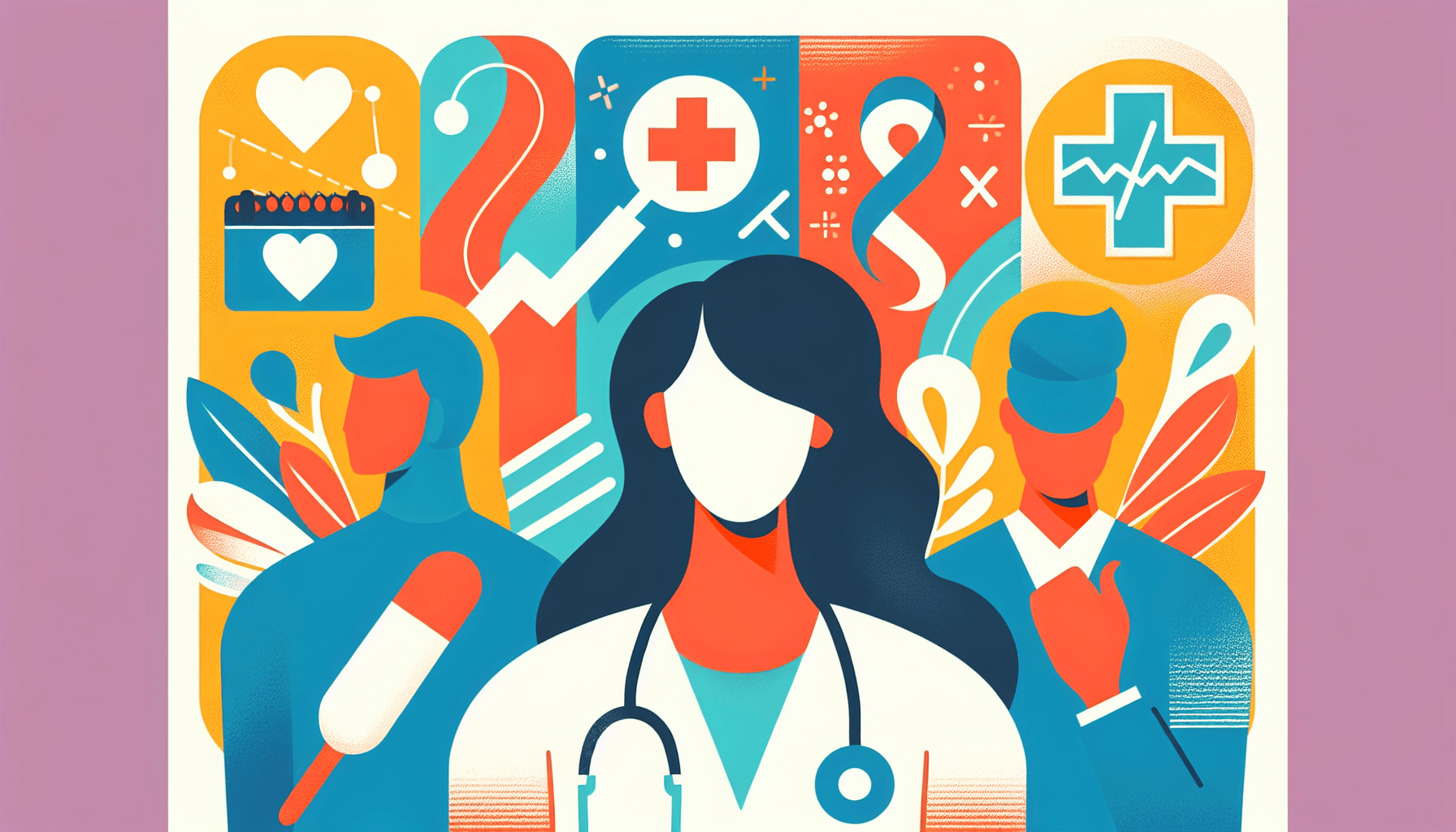When you're dealing with a chronic condition like arthritis, Alzheimer's, or cancer, it's natural to want a quick and easy solution to make the pain and suffering go away. Unfortunately, this desire for relief can make us vulnerable to health scams that promise "miracle cures" but deliver nothing but disappointment and wasted money.
Common Warning Signs of Health Scams
According to Dr. Anthony Zizza, a geriatrician at Harvard-affiliated Beth Israel Deaconess Medical Center, one of the first red flags of a health scam is the language used to describe the product. Be wary of marketing claims that include words like:
Quick fix
Miracle
Secret
Cure
Breakthrough
If a product promises to relieve all your medical problems, it's likely too good to be true. "You might see something that says 'Take this pill and you'll reverse memory loss,' but don't believe it," warns Dr. Zizza.
Other Clues to Watch Out For
In addition to exaggerated claims, there are other terms that should raise suspicion:
No-risk
Money-back guarantee
Free gift included
Limited supply
Legitimate medical treatments rarely rely on high-pressure sales tactics or limited-time offers. If a company is rushing you to make a decision, it's best to step back and do more research before handing over your money.
How to Protect Yourself from Health Scams
So how can you avoid falling victim to bogus treatments? Here are some tips:
Be skeptical of any product that claims to be a "miracle cure" or "quick fix."
Don't trust testimonials from "satisfied customers" - these are easy to fake.
Check if the treatment is approved by the FDA.
Consult with your doctor before trying any new treatment, especially for a serious condition.
Remember: if it sounds too good to be true, it probably is!
By being aware of the warning signs and doing your research, you can protect yourself and your loved ones from wasting money and putting your health at risk with bogus treatments. Always consult with a trusted medical professional before starting any new treatment plan.
For more information on avoiding health scams, visit the Federal Trade Commission's website or read this article from AARP.
The Bottom Line
Protect yourself by verifying any treatment through official FDA databases and consulting licensed healthcare providers before trying new therapies. If you're dealing with suspicious health claims or need guidance on legitimate treatment options, Doctronic can help you get reliable medical answers quickly.



